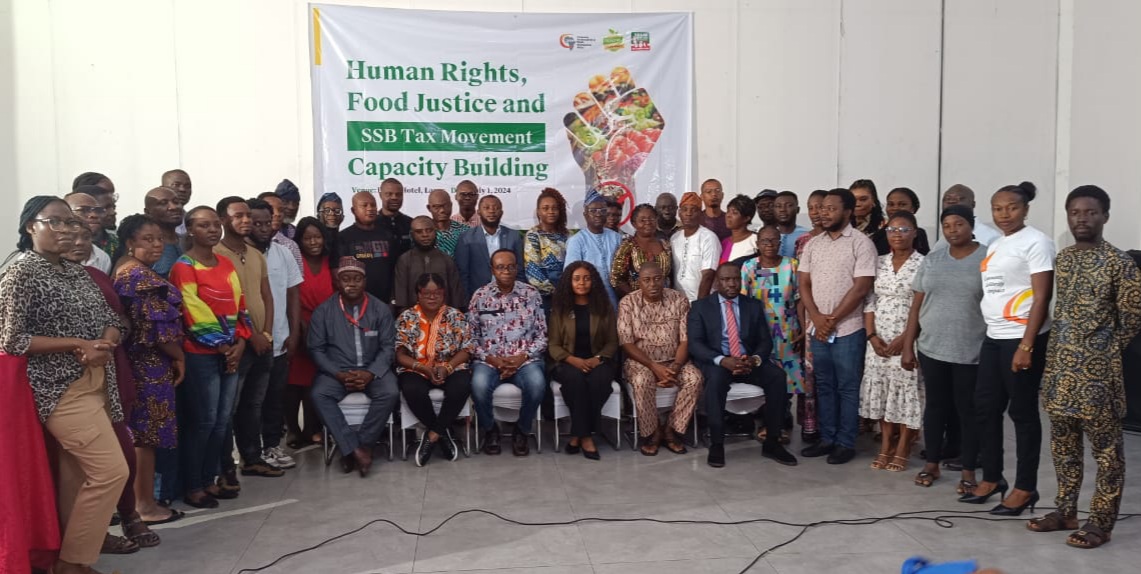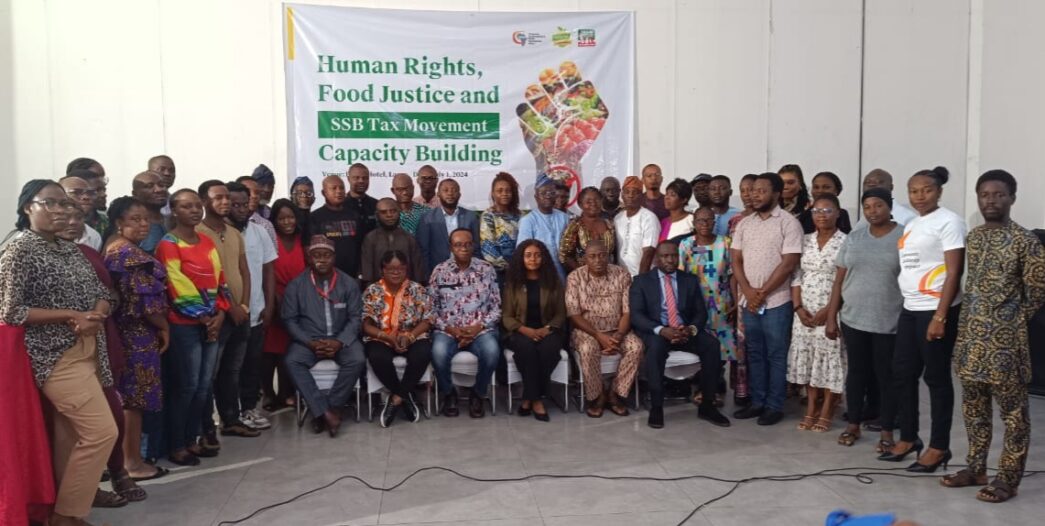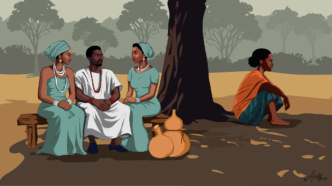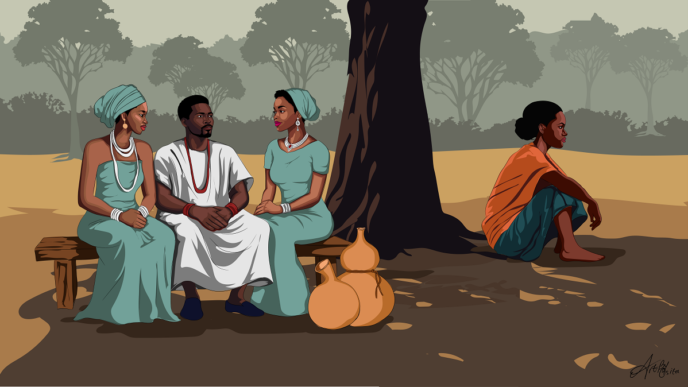The Corporate Accountability and Public Participation Africa (CAPPA) has called on the federal government to put in place healthy food policies to encourage healthy diet among Nigerians.
Speaking in Lagos at a workshop on ‘Human Rights, Food Justice, and the Sugar-Sweetened Beverages (SSB) Tax Movement’, Olufemi Akinbode, CAPPA’s executive director, said over the years, Nigerians have been suffering not just from acute hunger but also from sicknesses and diseases caused by the food they consume.
“Non-communicable diseases (NCDs) have caught the attention of the global health community because they are responsible for about 41 million deaths yearly, equivalent to 71 percent of all deaths globally,” Akinbode said.
“In Nigeria, nearly 30 percent of annual deaths are due to NCDs, such as diabetes, hypertension, coronary heart diseases, stroke, cancer, and oral health diseases, among a long list.
Advertisement
“In understanding this public health challenge, scientific studies and evidence have increasingly identified and singled out the consumption of sugar-sweetened beverages (SSBs) as a critical risk driver of NCDs and obesity, which is a pre-disposing health condition for NCDs.”
He said to reduce NCDs, the consumption of SSB beverages and unhealthy diets ought to be reduced, adding that this can be achieved through increased taxes on sugar-sweetened beverages.
Akinbode noted that it is the constitutional right of Nigerians to have access to safe and healthy food as an aspect of food justice.
Advertisement
“SSBs include but are not limited to carbonated and non-carbonated soft drinks, fruit juices, sweetened sports drinks, or any artificial sugar-sweetened beverages,” Akinbode said.
“Across the world, taxes on SSBs have not only been proven to drive behavioural changes that improve public health but have also been confirmed to generate revenue that can be used to enhance public infrastructure and offset healthcare costs associated with NCDs.
“Our goal is to build capacity and strengthen our collective resolve as pro-people advocates to further defend the fundamental rights of Nigerians to consume healthy foods and be protected from corporations promoting unhealthy diets, such as the excessive consumption of sugar-sweetened beverages, sodium, and trans-fat among other.”
He urged the government to enforce policies that will reduce the burden of NCDs in the country and to channel resources into helping local farmers and local food production in Nigeria.
Advertisement
Also speaking, Francis Fagbule, a public health expert, said sugar-sweetened beverages offer no nutritive value to the consumers.
“Many of these products contain some as high as thirteen cubes of sugar in a bottle of soft drink. The problem is that while it does not contribute anything significant in terms of nutrition to those who take them, habitual consumption of these products often time leads to health challenges, particularly non-communicable diseases,” Fagbemi said.
“In Nigeria, over the past two to three decades, there has been a significant increase in the consumption of these products, and statistics have also shown a steady increase in the non-communicable diseases in the country. We’re talking about stroke, cardiovascular diseases and the like.
“While we know consumption of SSB products may not be the only reason for these diseases, evidence has proven that it is one of the contributors.”
Advertisement
He said there is a need for a reduction in the consumption of these products, adding that the SSB tax is one of the instruments the government can use to discourage and reduce consumption of products that cause health issues
‘NIGERIA FOOD SYSTEM HEAVILY CHALLENGED’
Advertisement
On his part, Nnimmo Bassey, director of Health of Mother Earth Foundation (HOMEF), said access to safe and wholesome food is a human right.
“The food system in Nigeria is heavily challenged; challenged by the incursion of genetically engineered crops,” Bassey said.
Advertisement
“A lot of GMO products are imported into Nigeria as finished products, biscuits, items used in making ice cream, vegetable oil, and these are labelled but Nigerians don’t read the tiny prints. Some don’t even have NAFDAC numbers or approval marks on them.
“We do know that for GMOs to be approved or released in Nigeria, there must be a risk assessment. The fact that there is a risk assessment means there is a risk. Nigerians are not privy to the reports of these assessments.
Advertisement
“When civil society groups request for copies of these assessments, they are not made available. Nobody has the right to hide the quality and content of what they are selling as food from the consumers.
“We’re demanding for a complete overhaul of the law of the National Biosafety Management Act 2015 that was modified in 2019. It should be completely abrogated or deeply reviewed because we don’t feel there is enough protection in the law and it is being used and overlooked in many sectors.”
He added that the implications of GMOS are many and could be environmental and economic.
“Then some of these GMOs are designed to be herbicide-tolerant, in other words, they are cultivated along with heavy doses of dangerous chemicals some of which have the element of glyphosate in them. That means if those chemicals are used to grow these crops, our health situation is compromised,” he said.
He added that GMOs are not the solution to the food shortage in Nigeria and called on the government to support and invest in small-scale farming.
Add a comment










